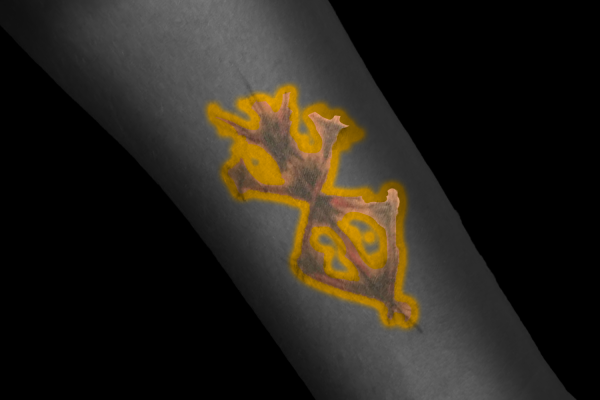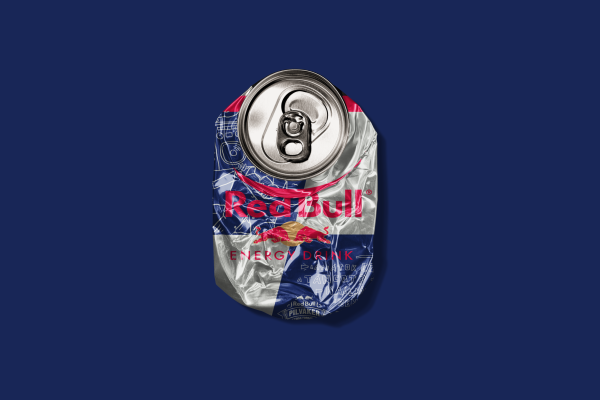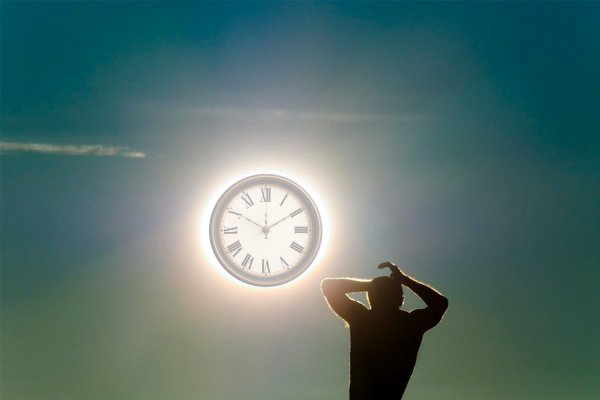Live Well
Indeed, the rabbit has only one true flaw. In their soft nature, rabbits are as dumb as bricks – and not nearly as useful. Take for example, the conversation I heard this morning between a mother rabbit and her children:
It was in the morn, at the shelter, where fleas and soggy carrots come in abundance. The mother rabbit and her ten baby rabbits lazed around a dry patch of grass. In the middle, there was one large carrot, and around them many others, half-eaten.
The mother rabbit, quite famished, led her children to the carrot. There she told them, “Nibble, nibble, nibble, children, grow fat and plump!” And to lead the example, she nervously devoured a fourth of the carrot.
“Now what is our motto again, children?”
The baby rabbits quite famished themselves, chorused, “If you eat well, you will live well, Mother.”
And one by one, the baby rabbits began tearing at the carrot as well. All the rabbits stuffed their faces to their stomach’s content (for heart and brain were quite lacking in such mild creatures). All the rabbits were full – not completely, but quite – all except for the the weakest and the frailest, who had not the strength to push past his fellow siblings.
When every rabbit had eaten their share, the smallest rabbit who had given up, lurked forward and attempted to clean the remains. His fatter sibling, annoyed at the intrusion into his meal, rolled over and ate the last bite.
Now you mustn’t judge the fatter brother. He felt no remorse in the deed. Because really, it was the smaller sibling’s fault. After all, the carrot was right in front of him. Had the smaller rabbit tried harder, he would’ve gotten a bite. But alas – he was too lazy, too pathetic. And to think that other rabbits had to hop five feet for apples and carrots!
The mother rabbit did not notice this exchange and instead directed her beady eyes toward the other fruits and veggies leading toward the house. The path that led to the steps of a large flap had food that was wholesome – not fresh, but complete and placed by hand. They did not have the stink of the wild vegetation that natural carrots carried.
“Come children, let us hop toward our destiny of riches,” she cried, as she sluggishly inched past blue daisies, a vat of oil, and other miscellaneous things that were often used by the two-legged creatures. “Sing with me!”
And as if cast under a spell, all the rabbits, even the smallest, who seemed ready to fall from the brinks of the herd at any given moment, burst into magnificent song:
“Rabbits we are!
Fluffy and dull
With quite an empty skull
Our journey goes far!
This then, is our mission:
We live to eat
And we eat to live – repeat!
(We live to eat, and we eat to live!)
It’s our natural condition!
We follow the hand, that is bigger and wiser
And a whole lot more red
The hand that gives us food and makes us a bed
And holds a big slicer! (What’s that?)
This we do until we die
For if we eat well
We will live well
And we acquiesce without a cry
When the time comes to enter
That mysterious flap
Where from no rabbit ever comes back
Enter, enter, enter!
But first, eat!”
And very quickly, such days passed, and the largest rabbit lived very well indeed – his mother had spoken true! He was the first to enter the flap, and he never came back! The others imagined him in paradise, and were jealous, eager to attain the good life he had committed himself to without question. The youngest rabbit however, they pitied. For the poor little shrew, so thin was it, that when it snuck out the gate, nobody noticed. And soon in despair, it went under the wheel of a great fire-spitting machine and soon died.
And the rest of the herd continued to eat well and live…
Well … you decide.
Your donation will support the student journalists of McNeil High School. Your contribution will allow us to purchase equipment and cover our annual website hosting costs.





